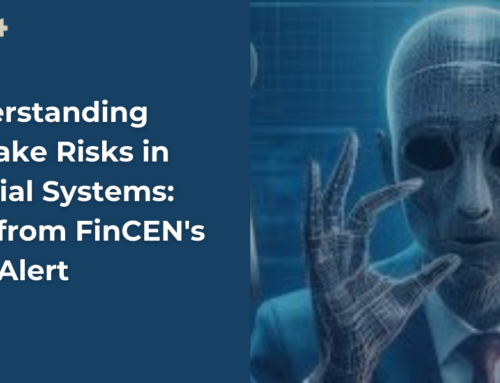The Money2020 Vegas conference, a highlight on the fintech calendar, brought together an impressive array of industry experts, partners, future collaborators, and investors in a dynamic environment. The event, known for its exciting mix of insightful sessions and vibrant networking opportunities, once again didn’t disappoint. Here’s a recap of the key takeaways and topics that dominated the discussions at Money2020.
AI & Machine Learning: Transforming the FinTech Landscape
AI and Machine Learning took center stage, as expected, at Money2020. These technologies are reshaping the fintech sector, infiltrating virtually every aspect of the financial world. The conference agenda underscored their transformative power, showing how they enhance banking, payments, investments, and risk management. In particular, the application of AI and ML in automating processes like loan origination, fraud detection, and financial crime protection is becoming increasingly prevalent. The future of fintech undoubtedly lies in the capable hands of AI and ML, paving the way for more efficient and secure financial services.
Embedded Finance: Revolutionizing the Customer Experience
Embedded finance is a groundbreaking concept that seamlessly integrates financial services and products into non-financial offerings. Embedded finance brings financial services to the exact moment it’s needed, instead of being an entirely separate part of a consumer’s life. As a result, there are many different types of embedded finance products and services. The most common examples of embedded finance are embedded banking, embedded payments, branded payment cards, embedded lending, embedded investing, embedded insurance, and embedded fintech. As embedded finance continues to gain momentum, it is set to reshape how we interact with and manage our finances, making financial transactions more accessible and convenient.
Open Banking: Empowering Customers and Driving Innovation
Open banking technology was another hot topic at the conference, emphasizing the importance of giving customers more control over their financial data and fostering innovation through secure data exchange. By allowing customers to share their financial information securely with third parties, open banking is fundamentally changing how individuals manage their finances and interact with financial institutions. It’s a trend that is expected to continue revolutionizing the industry.
Geopolitical Influence and Risk: A Global Perspective
A unique discussion that set Money2020 apart from other fintech conferences was the exploration of how the state of the world’s geopolitical situation impacts the financial world. The unrest in regions such as Israel, Russia, Ukraine, and beyond has raised important questions about the influence of geopolitical factors on technology spending and economic trends. Historically, the imposition of financial restrictions, increased uncertainty, and changes in international investment flows have had significant effects. This could, in turn, influence banks’ investments in new technologies and systems, and it’s crucial for the fintech industry to be prepared for potential challenges in a shifting global landscape.
In conclusion, Money2020 once again demonstrated its prowess in bringing together thought leaders and innovators from the fintech industry. The conference showcased the tremendous potential of AI and ML, the disruptive nature of embedded finance, and the empowering effects of open banking. Additionally, the discussions surrounding geopolitical influence highlighted the need for fintech to be resilient and adaptable in the face of global uncertainties. As we move forward, the fintech industry remains at the forefront of innovation, continuously shaping the financial world and improving the customer experience. Money2020 proved that it’s the place to be for staying on top of these industry-shaping developments.






